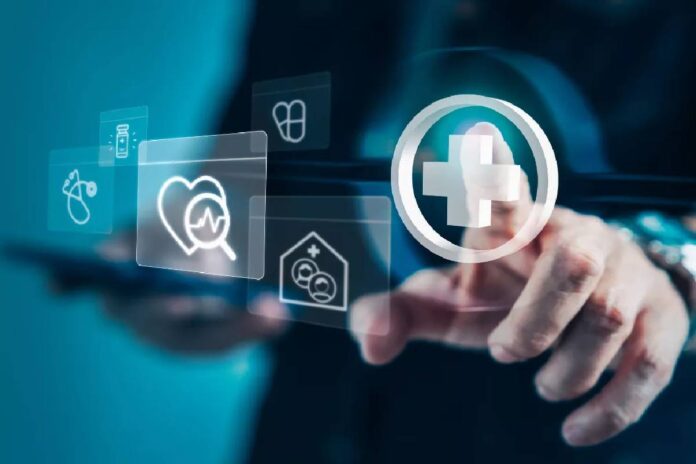The delivery of healthcare services has gone through a major paradigm shift, with in-house care facilities turning to be the most convenient option for a great number of individuals, as it allows a level of intimacy and interaction that hospitals cannot provide. This evolution is supported by the unprecedented home health software solutions that are changing fundamental arrangements in how agencies, nurses, and patients are engaged. These technological changes have responded to old difficulties and at the same time created new possibilities for enhancing health.
Table of Contents
Streamlining Operations for Better Patient Care
A great deal of time and resources are saved with today’s automated, integrated home health care software as compared to the manual paper paper-driven systems. There is improved efficiency in operations with agencies being able to schedule, document, and dispense medication, and even send bills within a single system. All this allows them to remove the errors that result from duplicate data entry, decrease the risk of incorrect documentation that could be pretty bad for a patient, and enhance workflow as a whole.
The most advanced home health software solutions offer customizable forms that adapt to specific agency needs while maintaining compliance with evolving regulations. This flexibility allows agencies to capture precisely the clinical information needed for their patient population without forcing clinicians to navigate irrelevant fields or questions.
Improving Patient Outcomes Through Data Intelligence
One of the newest improvements found in home health software is the release of AI and predictive analytics. These tools examine patterns within information about patients and can predict at what point there is a risk that a patient’s health may worsen. Additionally, these systems are able to pick up on very small changes in vital signs, compliance with treatment, or responses to questions, in order to prevent serious health events from developing.
Family engagement features within modern home health software further support positive outcomes by keeping loved ones informed and involved in care planning. Secure messaging systems and family portals foster communication between all stakeholders while maintaining appropriate privacy boundaries.
Navigating Complex Reimbursement Models
The financial sustainability of home health agencies depends on efficient revenue cycle management. Today’s home health software simplifies billing across multiple payer sources, including Medicare, Medicaid, private insurance, and Veterans Affairs. These systems automatically track visit verification, ensure proper documentation for reimbursement, and identify potential compliance issues before submission.
The Road Ahead for Home Health Technology
For those in the business of home health, choosing a vendor and acquiring specialized software is no longer about being competitive in the market but is rather about plunging into a new world where technology enables the healthcare systems to do more with less at the same time with improving various other metrics such as caregiver functioning and patient feedback. Home health software, once the requisite is established, can let the health care providers focus on what they do the best- providing unique state at the bedside: at one’s home. By partnering with a health home health agency, more settings can be applied to the care delivery process so that patients will receive it in the most convenient way.


Review The Future of Home Health: How Software Is Transforming the Industry.